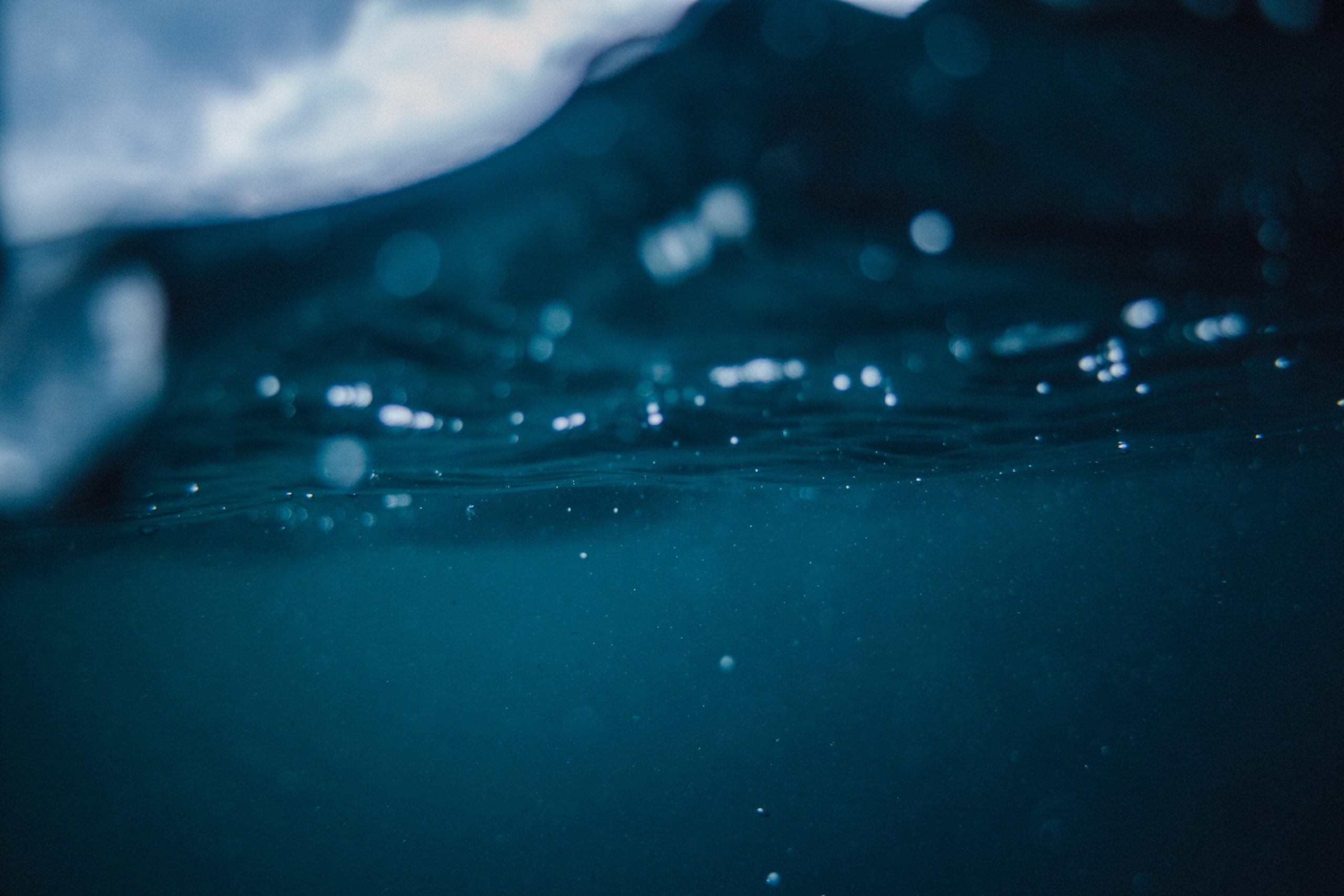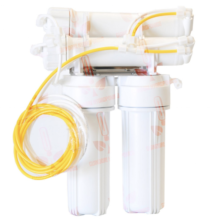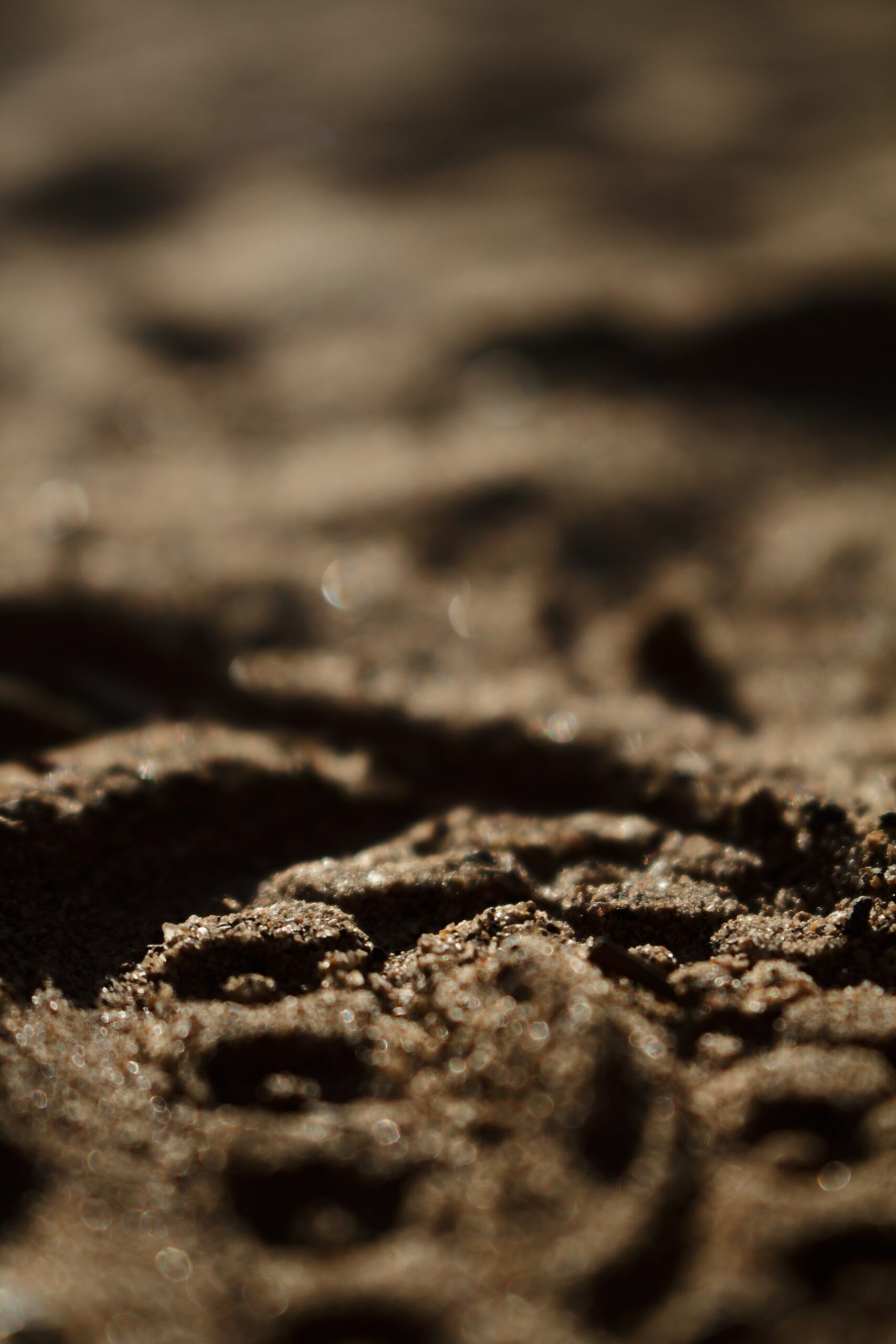Water Quality
In order for your hydroponic system to thrive, you need to start with the right water. Water quality varies significantly from suburb-to-suburb and city-to-city. Tap water can contain various contaminants including chlorine, fluoride, minerals, and bacteria. Your system’s water needs to have low total dissolved solids (TDS). TDS is the total amount of disolved minerals, salts, and metals in water. The TDS level is measured by parts per million (ppm). Starting with the right water makes it much easier to make adjustments after adding nutrients.
SA Water publishes complete analyses of the water supply system. They can be viewed here. In Adelaide, the TDS can reach up to 100 mg/L.
Water quality plays a crucial role in a hydroponic growing system. When you have created the right environment, provided the right nutrition, and optimized everything else in the grow room, the rest comes down to water.
Should I Filter My Water?
By filtering your water, you can prevent contaminants from entering your hydroponic system. Starting with pure or ‘dead’ water also offers a clean slate from a nutrient standpoint. This allows for more precise and predictable nutrient dosing.
The main advantage of removing the existing salts from your hydroponics water supply is that nutrients are added at the grower’s discretion, making growing more predictable and calculable. The only nutrients that are present in the nutrient solution are the ones that are advantageous to the plant. Nutrients can also react with various contaminants in unfiltered tap water causing unpredictable results.
Filtered water also keep hydroponic systems cleaner for longer, requiring less maintenance and reducing the opportunities for diseases to thrive. High quality water leads to faster, healthier, and more robust plant growth.
What Are The Best Hydroponic Water Filters?
The best way to remove contaminants and TDS from your water source is Reverse Osmosis or ‘RO’. Reverse osmosis filtration systems are very effective at reducing a wide range of contaminants, including salts and nitrates, bacteria, protozoa, viruses, arsenic, heavy metals, and minerals.
The removal of such minerals/contaminants allows the addition of higher levels of good minerals such as your A/B nutrient and Potash which results in higher yields. We consistently see 25-30% yield increases from happy customers who have bought our Reverse Osmosis Double Membrane Filter System.








